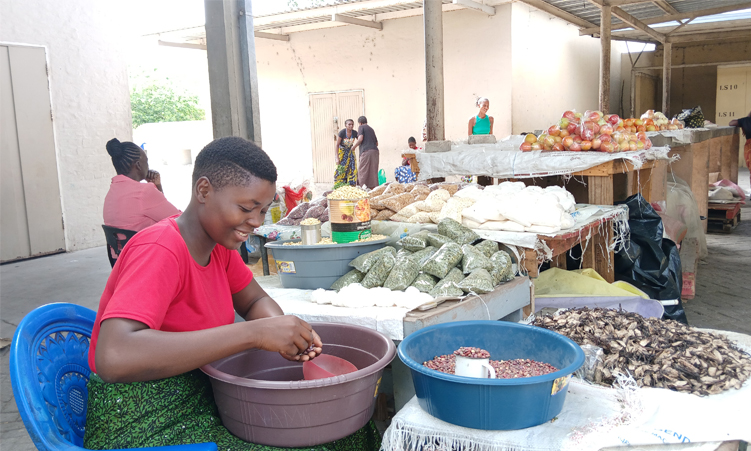Five months ago, as has happened before, president Hage Geingob pleaded with businesses to combat high unemployment.
“The private sector must be a major driving force in reducing unemployment, which is an important pillar in the fight against poverty,” he said.
Yet, his administration and those of former Swapo presidents have been cannibalising sectors that employ thousands of Namibians.
Namibia’s homegrown construction industry is on its last legs.
Both trade unions and the employer federation have gone on their knees begging the government to stop handing out construction contracts to outside firms, particularly state-owned Chinese companies.
Even when major contracts are awarded to local entities, the actual work ends up being performed by outside entities in warped buyout transactions that enrich a few Namibians without breaking a sweat.
The mass housing project under president Hifikepunye Pohamba failed spectacularly because most of the contracts, awarded to hand-picked Namibians, were promptly sold off to Chinese and South African firms.
Several of these companies ended up failing to complete the houses amid reports that they were underpaying workers, ostensibly because their profit margins were small after they had paid tenderpreneurs who benefited from the National Housing Enterprise.
The Roads Contractor Company (RCC) is another classic case of a state company that keeps getting government tenders only to “outsource” the work.
While professing that the private sector should lead economic activities, the government is blatantly on a path to destroy business enterprise.
Recently, the ministry of education awarded a N$255 million contract to build classrooms to the secretive military company August 26.
The ministry argues that August 26 was the most “cost effective”, but there are concerns the military company would still outsource the construction to smaller entities.
Unions have already expressed concern that August 26 will sell the tenders to foreign state-backed companies, leaving Namibian entities that employ thousands of workers worse off.
The military company has a history of corruption and questionable transactions.
One of its subsidiaries, August 26 Textile and Garment Factory, was investigated for paying N$40 million to a Malaysian entity for uniforms and other garments, but the money trail suggested that substantial sums found their way into the accounts of people involved in the transaction.
The issue was never concluded and the culprits remain at large.
Clothing and garment manufacturing businesses have struggled to thrive in Namibia despite the skills built up when a Malaysian textile firm operated in the country. Yet government institutions spend hundreds of millions of dollars buying uniforms from abroad.
Bureaucrats and politicians fail to appreciate the inestimable damage they inflict on the economy and their voters when they favour firms that do not put down roots in Namibia.
Corruption and mismanagement have become so easily tolerated that the irony is lost when government leaders travel the world to attract foreign investment.
If government leaders cannot ensure that the construction industry is solid, how do we expect so many poorly educated and inexperienced Namibians to benefit from highly skilled industries like green hydrogen and petroleum?
The continued destruction of private enterprise through policies and the allocation of public works is a classic case of the government talking right but walking left.
More than that, we are not only cannibalising our present but also our future. If the state is going to fall, it is from the belly.
Stay informed with The Namibian – your source for credible journalism. Get in-depth reporting and opinions for
only N$85 a month. Invest in journalism, invest in democracy –
Subscribe Now!






